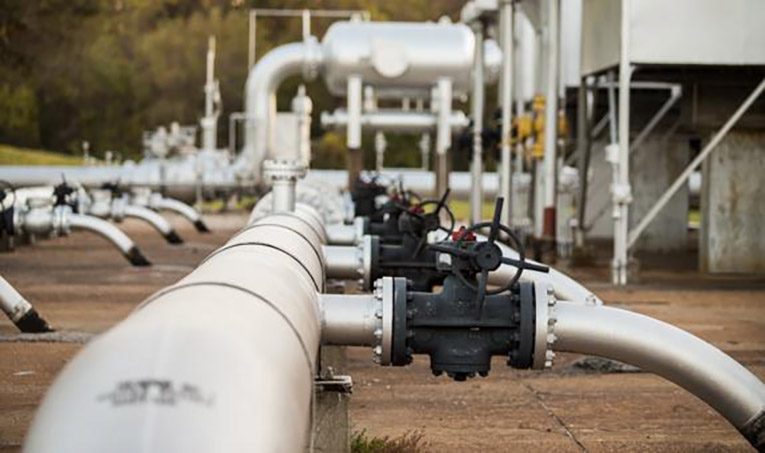A recent ruling by the Federal Energy Regulatory Commission (FERC) led to a ruling at the Missouri Public Service Commission (PSC) that has forced Spire into a new rate case after the current rate structure went into effect on December 23, 2021.
The ruling at FERC changed some accounting procedures Spire utilized to calculate recoupable costs mostly dealing with employees and employee benefits. Previously employee cost was always recoupable by utilities as a basic cost of providing gas service to customers, the new ruling would take that away.
After the federal ruling which reset accounting rules and procedures that haven’t been touched in 100 years of regulation, the Missouri PSC provided a path to address this change, but that path was a new rate case. “Currently right now a lot of our employee salary and benefits are not being recovered. And those employees are providing our safe, reliable and affordable service,” said Scott Weitzel, VP of regulatory and governmental affairs at Spire.
The last rate case that wrapped up in October was one of the most agreeable rate cases in recent years, it allowed the company to raise the average customers bill rates 2.8%, which has ended up by far below inflation today.
Spire provides natural gas service to approximately 1.2 million natural gas customers in the eastern and western parts of Missouri.
The last rate case came two years after Spire experienced a major loss in revenue after Winter Storm Yuri in 2020. During this winter storm, many small third party companies were unable to meet the demands of their customers.
“Spire Missouri stepped up to supply many of these customers when gas was not delivered on the system”, said Spire Missouri CFO Adam Woodard. “The lack of gas deliveries during Winter Storm Uri led to additional procurement of gas by Spire Missouri at unprecedented cost … Spire Missouri spent $980 million on natural gas in 2021 – a 131% increase year-over-year despite only buying 2.7% more gas than 2020.”
When the smaller gas providers were unable to provide gas to heat and fuel homes it was Sprie who had to step in. Several of these smaller providers went out of business leaving Spire with a total loss on that gas when prices were at a premium.
While the rate case would allow Spire to recover employee costs, the increase would also maintain the company’s credit rating. In his same testimony Weitzel stated that “A utility’s credit ratings have a significant impact on its ability to raise capital on a timely basis and upon reasonable terms.” He also stated that “The lower a utility’s credit rating, the more the utility must pay to raise funds from debt and equity investors, and those higher capital costs get factored into the rates that consumers are required to pay.”
Kelton is a 2023 graduate of the University of Missouri with a Bachelor of Arts in Political Science and a Bachelor of Arts in Religious Studies. He is a native of mid-Missouri and likes to write politics at both the state and federal levels. Kelton joined the Missouri Times in April 2022













